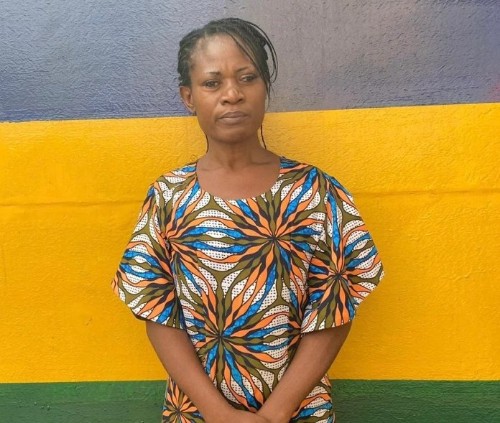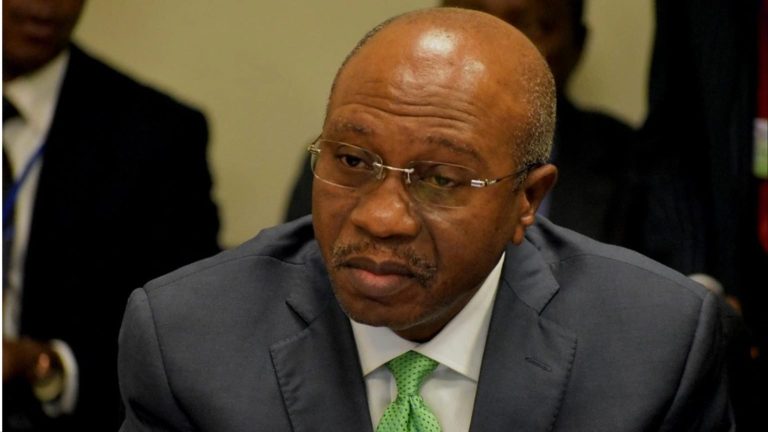The Federal Government has revised downward the revenue projection for the 2020 budget by N3.3tn from the initial approved amount of N8.41tn to N5.08tn.
The revised revenue projection is contained in a proposal sent to the National Assembly by the executive.
The reduction became imperative in view of the negative impact of the coronavirus pandemic, which had led to disruptions to global supply chains, a sharp drop in global crude oil prices, turmoil in global stock and financial markets.
These outcomes have had severe consequences on households’ livelihoods and business activities, resulting from a drop in global demand, declined consumer confidence and slowdown in production.
Based on the revenue parameters underlying the revised proposal, the Federal Government revised downwards the oil price benchmark from $57 per barrel to $30 per barrel.
Similarly, the oil production volume was reduced from 2.18 million barrels per day to 1.7 million barrels per day.
The exchange rate was however raised from N305 to a dollar to N360 to a dollar based on the devaluation of the naira by the Central Bank of Nigeria.
An analysis of the revenue items showed that oil revenue suffered the highest reduction of N2.38tn from the initial approved amount of N2.63tn to N254.25bn.
Based on the proposal, the dividend from the NLNG was reduced from N124.26bn to N80.37bn while non-oil revenue would witness a decline of N269bn from N1.8tn to N1.53tn.
In the same vein, revenue projection from the signature bonus was revised downward from N939.3bn to N568.68bn, while revenue from stamp duty was reduced from N463.94bn to N200bn.
However, independent revenue from agencies of government was increased by N66.88bn from N849.96bn to N916.84bn.
On the expenditure side, the executive is proposing a reduction of about N321bn in spending from the initial estimate of N10.59tn to N10.27tn.
Based on the revised proposal, statutory transfers were cut by N152.67bn from N560.47bn to N407.8bn, capital expenditure was revised downward by N155bn from N2.78tn to N2.62tn while recurrent expenditure was reduced by N25bn from N4.49bn to N4.46bn.
A breakdown of some of the Nigerian expenditure items showed that anniversaries/celebrations were reduced by N3.08bn; computer software, N3.14bn; office buildings, N24.86bn; residential buildings, N479.6m; monitoring and evaluation, N10.8bn; land acquisition, N1.45bn; computers, N1.9bn; purchase of motor vehicles, N5.25bn and office furniture, N3.94bn.
Others are rehabilitation of office building, N49.52bn; repair of residential buildings, N1.07bn; research and development, N45.6bn; provisions of roads, N1.96bn; provision of water facilities, N650m; provision of waterways, N650m; repairs of public schools, N330.85m and purchase of power generating set, N555.96m.
There is also a reduction of N176.5m on purchase of motorcycle; computer printers, N151.48m; photocopying machines, N131.46m; purchase of trucks, N134.46m; purchase of buses, N485.78m and purchaser of scanners, N193.74m, among others.
A further analysis of the proposal showed that the drop in revenue has widened the fiscal deficit by N3.01tn from the initial approved about of N2.17tn or 1.29 per cent to N5.18tn or 3.43 per cent.
According to the proposal, the fiscal deficit is expected to be financed through fresh borrowing of N4.43tn as against the initial borrowing plan of N1.59tn.
Also, the executive is proposing to raise N126.04bn from privatisation proceeds as against the initial projection of N252.08bn.
In the same vein, about N424.95bn is being projected to be raised from multilateral/bilateral project loans. This is about N96.83bn higher than the N328.12bn which had earlier been approved when the budget was signed by the President.

 BIG STORY1 day ago
BIG STORY1 day ago
 BIG STORY4 days ago
BIG STORY4 days ago
 BIG STORY4 days ago
BIG STORY4 days ago
 BIG STORY4 days ago
BIG STORY4 days ago
 BIG STORY4 hours ago
BIG STORY4 hours ago
 BIG STORY2 days ago
BIG STORY2 days ago
 BIG STORY2 days ago
BIG STORY2 days ago
 BIG STORY4 days ago
BIG STORY4 days ago
























